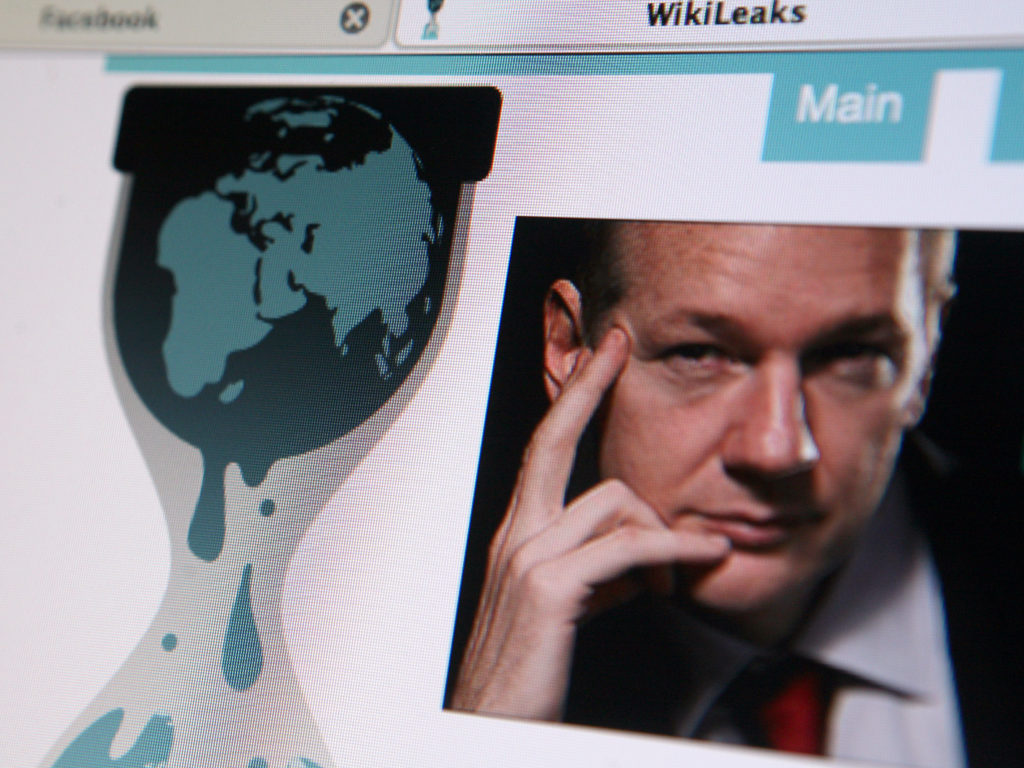
Much of the legal argument heard by District Judge Baraitser this week at Woolwich Crown Court centred on whether the offences with which Julian Assange is charged amount to ‘political offences’ and if so, what effect that has on the legality of the US extradition request.
Counsel for Mr Assange, told the court that the charges were “due to underlying political motives of the US government” and that witnesses would be called to give evidence about statements allegedly made by US President Donald Trump to the FBI Director James Comey, in which the President said he wanted a “head on a pike” to deter future leaks.
The UK-US Extradition Treaty 2007 (“the Treaty”) is the foundational agreement for the extradition process between the two signatory states. Article 4 of the treaty states that extradition shall not be granted if the offence “is a political offence.” The international treaty was given effect in domestic law through Part 2 of the Extradition Act 2003 (“The 2003 Act”). Notably, the 2003 Act does not provide for a corresponding bar on extradition in the case of “political crimes.”
Counsel for the US government, submitted, in the first instance, that this omission in the 2003 Act has the effect that there is no bar under UK law to extraditing a person to the US in respect of “political offences”, and second, that the charges against Mr Assange were not political. Counsel highlighted “corresponding” offences under UK law in both the Official Secrets Act 1989 and the Computer Misuse Act 1990.
Counsel for Mr Assange criticised this interpretation, highlighting the resultant inequity in the protections afforded to those extradited from the UK compared with the US. It was submitted that Mr Assange was a journalist acting in the public interest when he published leaked US government cables on the WikiLeaks site and that no one was harmed as a result. The closest comparative offence under UK law does not provide for a public interest defence.
While the ruling of District Judge Baraitser in respect of these legal arguments is awaited, Mr Assange has a number of other avenues of challenge open to him under the 2003 Act. He will be able to argue that his extradition should be barred by reason of “extraneous considerations”, that is, that the request for extradition was made for the purpose of punishing Mr Assange for his political opinions or, if extradited, his trial or sentence may be prejudiced by his political opinions. He will also be able to argue that he cannot receive a fair trial in the US, contrary to Article 6 of the European Convention on Human Rights (“ECHR”) and that the conditions of detention in the US prison system would breach his human rights under Article 3 of the ECHR.
Judgment on this point was reserved. Both sides will return to court in April 2020 for a case management hearing, prior to commencing the second part of the hearing on 18 May 2020.
Tags: Article 6, Extraneous considerations, Political offences Categories: United Kingdom, United States



Recent Comments